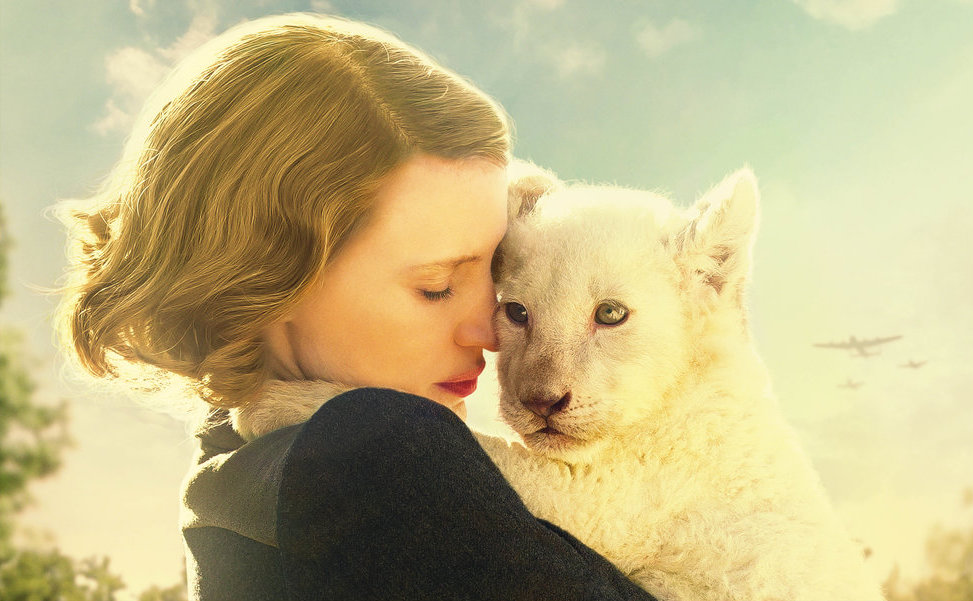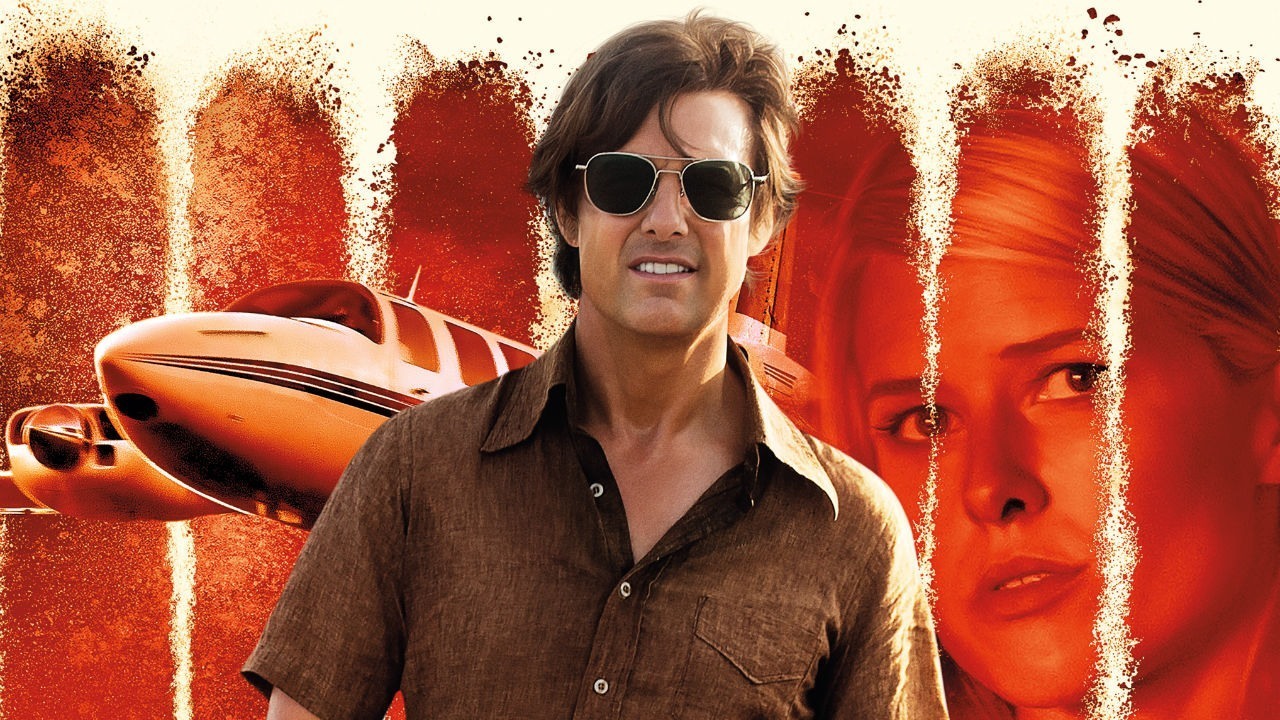
The Zookeeper’s Wife
Poland, 1939 – Antonina (Jessica Chastain) and her husband (Johan Heldenbergh) watch the German forces storm Warsaw as they destroy their magnificent zoo. After the nazis have settled their troops in the city and start removing Jewish people from their home, the couple, in an attempt to save what’s left of their beloved establishment, will also save the lives of 300 souls by helping them to escape and hide.
Based on the non-fiction novel written by Diane Ackerman, which was inspired by the diary of the real Antonina Żabińska, The Zookeeper’s Wife presents itself as one more moving testimony of men an women’s courage to defend those who are persecuted in the face of evil nazi Germany.
But did director Niki Caro succeed in bringing the inspiring true story to the big screen? Here’s where the critics all agree…
An undeniably beautiful story, but not enough tension
Although The Zookeeper’s Wife is a “powerful, riveting and emotionally devastating film,” it often tends to “drifts into more conventional melodrama,” never reaching “the heights of Schindler’s List.” In the end, the movie feels “airless and predictable, […] strangely devoid of tension.” Reviewers add: “The outcome of The Zookeeper’s Wife always feels secure,” and “is so timid and sanitized it almost feels safe for children.”
The script focuses too much on the main character, not enough on the people she’s trying to save
While Jessica Chastain charms as a generous, courageous and luminous human being, she eventually gets “more screen time than the Jews whose lives the couple saves and who mostly remain anonymous, their personal stories left untold,” which, for a movie relating the horror of WWII, kind of misses its biggest point by feeling “a bit too soft-focus for the devastating story it tells.”
The film subtly avoids graphic depictions of nazi barbarism
“The Zookeeper’s Wife does well to keep the grisly action and bloodshed off-screen without sacrificing its visceral impact,” which brings a “cool pictorial grandeur in its portrayal of the Nazi invasion of Poland.” Ultimately, the film proves that it is possible to impactfully portray the terrifying events of the Second World War without crudely demonstrating their cruelty.
Best quotes from the reviews:
“Schindler’s List’ With Pets.” – Stephen Holden, The New York Times
“It’s a remarkable story, told in a movie that doesn’t always quite live up to it.” – Moira Macdonald, The Seattle Times
“A worthy film that fails in revealing any depth to its protagonists, remembering them for their courageousness and little more.” – Davis Sims, The Atlantic




